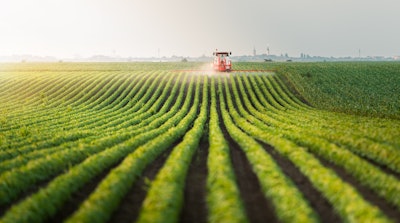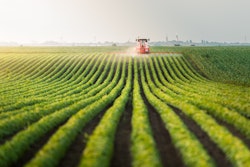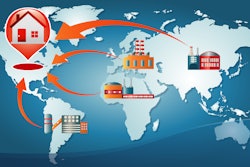
Heightened financial volatility, sustainable development divestment, complex global supply chain reconfigurations and mounting trade costs stemming from the war in Ukraine continue to impact trade and development, according to a new study released by the United Nations Conference on Trade and Development (UNCTAD).
“The war in Ukraine has a huge cost in human suffering and is sending shocks through the world economy,” says UNCTAD Secretary-General Rebeca Grynspan. “All these shocks threaten the gains made toward recovery from the COVID-19 pandemic and block the path towards sustainable development.”
“Soaring food and fuel prices will affect the most vulnerable in developing countries, putting pressure on the poorest households, which spend the highest share of their income on food, resulting in hardship and hunger,” Grynspan adds.
From UNCTAD:
- Ukraine and Russia are global players in agri-food markets, representing 53% of global trade of sunflower oil and seeds and 27% of global trade of wheat. According to UNCTAD calculations, on average, more than 5% of the poorest countries’ import basket is composed of the products that are likely to face a price hike due to the war. The share is below 1% for richer countries.
- The risk of civil unrest, food shortages and inflation-induced recessions cannot be discounted, the report says.
- Restrictive measures on airspace, contractor uncertainty and security concerns are complicating all trade routes going through Russia and Ukraine.
“Due to higher fuel costs, rerouting efforts and zero capacity in maritime logistics, the impact of the war in Ukraine can be expected to lead to even higher freight rates,” the report says. “Such increases would have a significant impact on economies and households.”


















